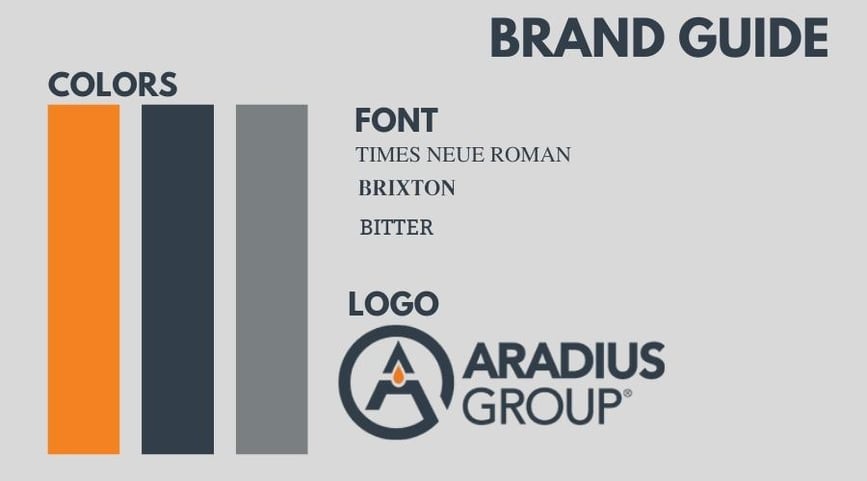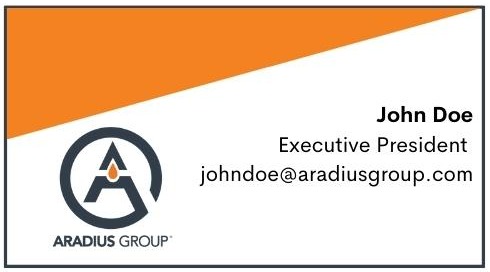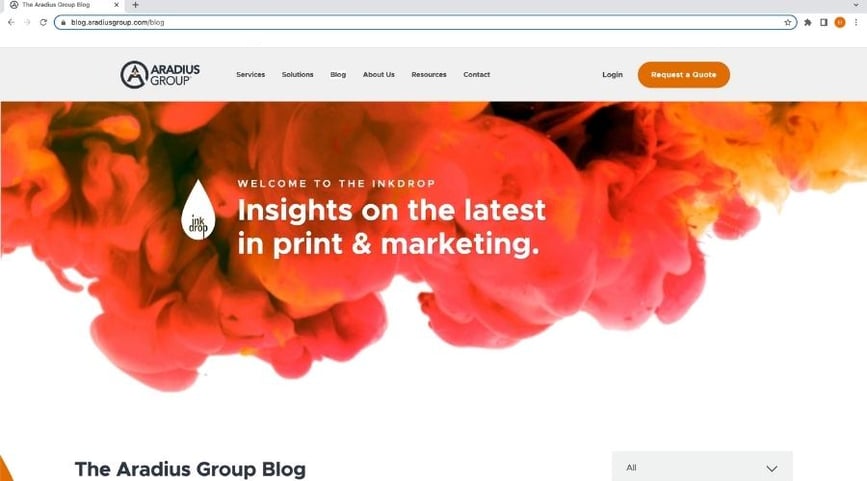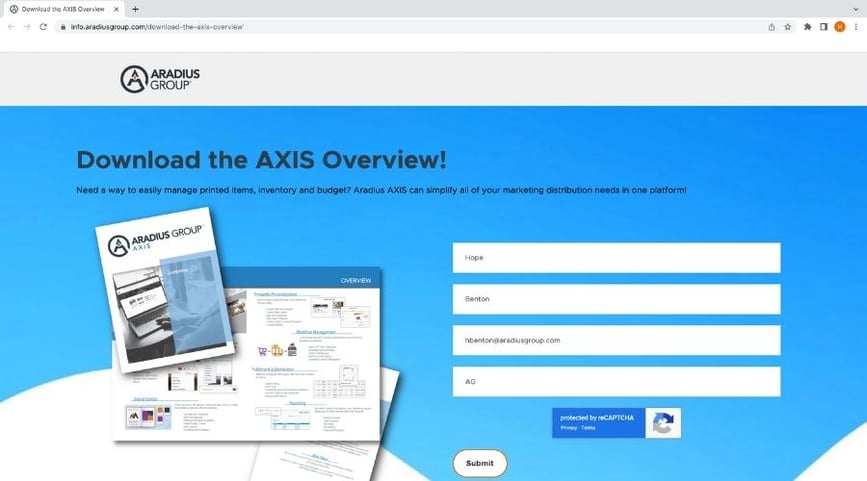Marketing Assets Your Company Should Have on Hand
Does your company need to be building marketing assets to have on hand? This may not be something you’ve thought about before, but you should. If you don’t have an arsenal of marketing assets, then you’re spending precious time building them or even searching for them every time you need them. Let’s dig into why marketing assets can help your team and what ones you should have ready to go.
What are marketing assets?
You may know the answer to this, but if not, we’ll break it down for you. According to Smartsheet, marketing assets include anything used by an organization to promote its products, services, or brand. It could also include emails, brochures and even blog posts.
Marketing assets can be broken up into two categories, internal and external. The purpose of the two are different but are beneficial to the groups they target.
Internal marketing assets are going to benefit your team by keeping them aware of logos, colors, fonts, and language, and even new products and initiatives whereas external marketing assets are going to benefit potential customers by making them aware of what a business or product does.
Marketing assets you should keep on file
Now that you know the two categories, let’s discuss what items should be included in each one.
%20copy.png?width=500&height=500&name=MARKETING%20ASSETS%20(1)%20copy.png)
Internal marketing assets:
- Training guides are a beneficial one. Every time you have a new employee you don’t want to have to hunt down the same papers you use each time. Some assets you may want to keep in your training guide arsenal are vacation policies, benefits packages, HR policies and instructions for technology use.

- Cheat sheets to your brand guide are a great thing to have on hand at any time. Does your team have a color guide, font guide or even language you’d like to have included in pieces being created? Keep a cheat sheet in a central location so everyone can find it!

External marketing assets:
- Brochures are important because it can tell a potential customer about a company, product, or service. This is an easy place to include copy, images and even your contact information.

- Business cards can be helpful when your employees are out of office and want to have easy access to their information for potential customers. They help assist with initiating and even closing deals.

- Videos are a wonderful tool in the external (and even internal) world. You can tell a potential customer everything they may need to know about a business or product with a video.

- Blog posts are a popular tool to have on hand, and one of the most popular. They allow a company to educate people on a particular topic and can persuade a reader to check out a company’s services. Blog posts allow you to reach readers in every step of their journey (awareness, consideration, and decision)

- Landing pages are tied to marketing campaigns, but these are important because they allow you get potential customers contact information while providing them with something they’re interested in. The biggest plus here is you’re potentially generating leads.

We've created a checklist just for you to make sure you have all the right assets on hand and know why they're important! Download our AXIS Marketing Assets Checklist now.
Designing and storing your marketing assets
Now that you know what assets you want to create and have on file, it’s time to make sure you know the proper way to design them and store them.
Consistency is big here. Brand consistency and design consistency. You have to make sure the pieces you’re creating speak to your companies brand and tone, you also have to make sure the way you design images and create text match. This type of consistency will allow potential customers to grow trust and awareness around your brand. When they see mail, an email or even a blog post, they’ll know who it’s from.
Aradius Group wants to make setting up print files easy. Check out our Print File Guidelines to see everything you need to do before sending a print file to a printer!
You also have to remember that designing the assets is half the job. How you manage and store them is just as important. You need to make sure they’re properly stored for your employees to find them, but you also need to make sure you can track performance easily. For an asset to be considered successful, they need to be doing what you want them to do, whatever that may be for your company. Make sure you’re using a platform that allows you to organize and keep track of how your assets are performing.
Tip: it’s best to keep external marketing assets in a place that everyone on your team can find them when they need them. If you don’t have a specific place, it may be time to reanalyze your marketing distribution.
If you’re looking for a place to store your assets, then we can help! Check out our solution, AXIS, to learn how we can help you set up a custom branded web to print platform to organize, order and track all of your marketing materials.
The takeaway
It's important to have marketing assets that work well for you and your team by improving brand growth and consistency. It's just as important to make sure you're storing those assets in a way that makes sense for your team to prevent unorganized systems. Keep in mind as you begin producing assets that you shouldn't be pumping out content for the sake of having it on hand, it needs to be nurturing and helpful to potential customers, and not just convenient to you. Make sure everything you create speaks to your company and brand.



-1.png?width=638&height=414&name=MARKETING%20ASSETS%20(1)-1.png)
